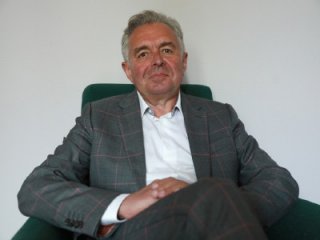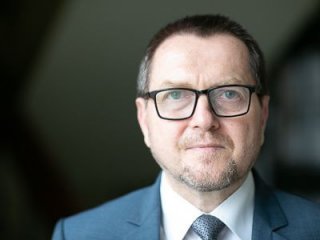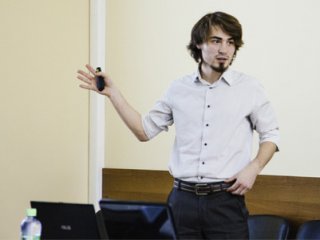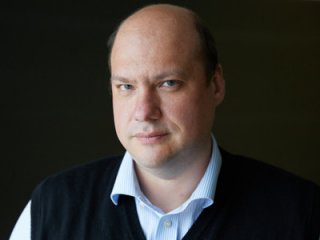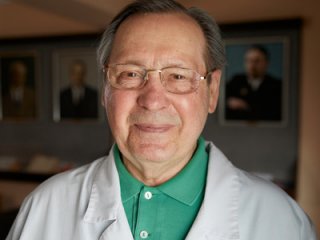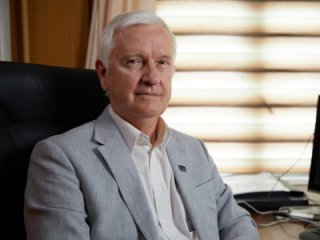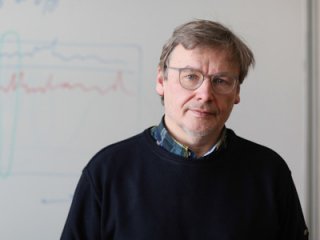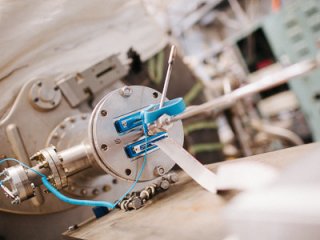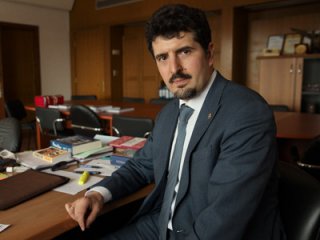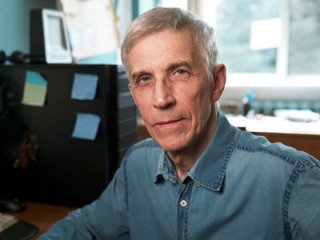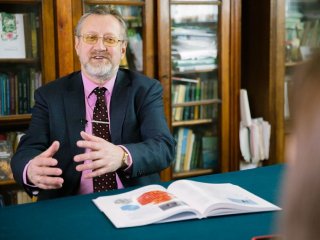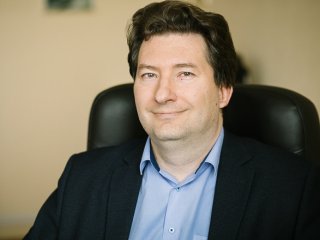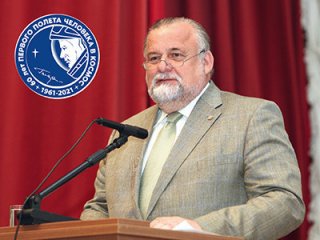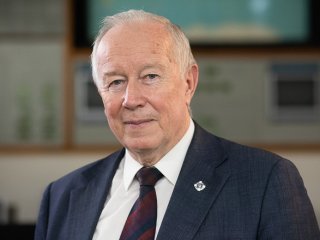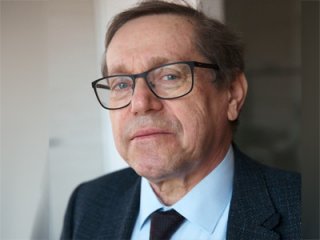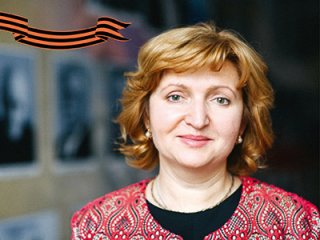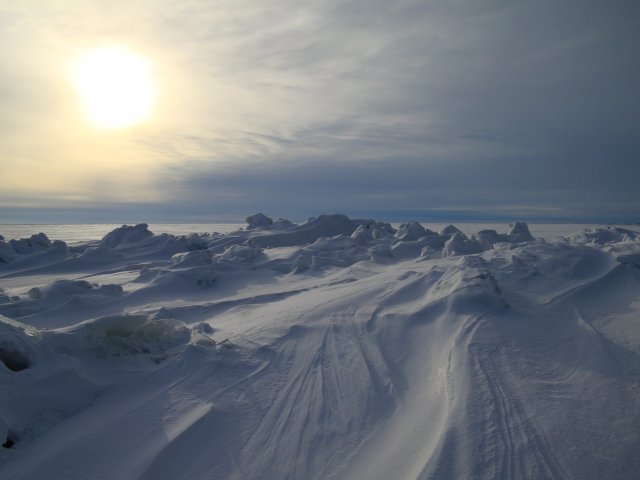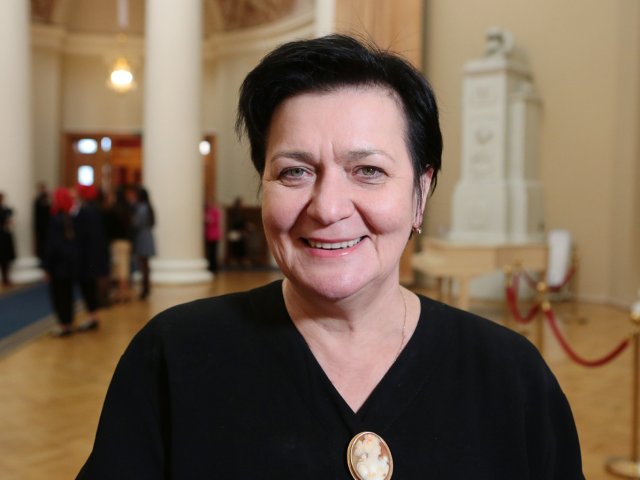Interviews, page #2
What are severe mycotic diseases? How can they be recognized and treated in time? Why are there more of these diseases now, amidst the pandemic of a new coronavirus infection?
Vladimir Nikolaevich Sigayev talks about the history of development of The Department Glass and Sitalls modern uses of glass
How to predict flood to avoid casualties and devastation with the help of mathematical modeling?
In this interview, Ildar Khabibullin told us about how to observe the black holes, what make them interesting, and why observing them is similar to watching the past
Ivan Chizhov, Associate Professor at the Department of Information Security, Faculty of Computational Mathematics and Cybernetics, Moscow State University, on digital passports, network hygiene, and cryptographic methods
Since early 2021, the main corona virus topics are about vaccination and new strains. The vaccination is mentioned in the context of situation becoming stable, while new strains remind that the pandemic is still here.
Are the residents of Earth protected from asteroids? The opinion of Boris Shustov, head of Expert Working Group for Space Threats under the Space Council of RAS
Impact of pandemic on oncological aid in Russia, COVID-19 vaccination for oncological patients, scientific trends and applications enjoying priority in oncology
The 21st century has every chance of going down in history for breakthrough discoveries in human brain research. Konstantin Vladimirovich Anokhin, Academician of the Russian Academy of Sciences, believes that this would require a basic theory of the brain
If there is dark matter, what particles does it consist of? The answer has been pursued for several decades in Troitsk at the Institute for Nuclear Research, conducting a unique Troitsk nu-mass experiment.
M. A. Lipkin, Director of the Institute of World History of the Russian Academy of Sciences, Corresponding Member of the Russian Academy of Sciences, Professor of the Russian Academy of Sciences, speculates how the big history is swayed today, whether we need books, and why science is getting more important in society.
How does the scientific community explain ozone holes in the Arctic and Antarctica? Interview with Alexander Gruzdev, leading research officer of Obukhov Institute of Atmospheric Physics.
Alexander Chuchalin, RAS Academician, and Simon Matskeplishvili, RAS Correspondent Member, spoke of the consequences of COVID-19 on the Mneniye program on the TV channel Rossiya 24
The space flight of Yuri Alekseevich Gagarin marked the start of space research
How many exhibits are there in the MSU Zoological Museum? What is going on in its secret room? How did researchers discover 250 new organisms? What is birdwatching? Director of the MSU Zoological Museum Mikhail Kalyakin talked about it in detail.
Mikhail Golovnin is convinced that, in a year or two, countries will introduce their digital currencies as their response to Bitcoin. In the interview: on the Bitcoin appreciation and the outlook for cryptotechnologies in the economy
Scientific Russia discussed the key milestones in the development of space and aviation material science with RAS Academician Yevgeny Kablov
How can earthly healthcare benefit from space medicine? Is it possible to send a filming crew to the orbit? Is a flight to the Moon bad for your health? We’ve discussed these questions in an interview at the Institute of Biomedical Problems
Professor A. P. Kozlov created a new theory of tumors that will take oncology to a new level. In a conversation, the professor will tell us what theory it is and what prospects it offers.
Marina Kostyuchenko, the Director of the Research Institute of the Baking Industry, talks about the unique recipe of the siege bread and the myths associated with this product
Partners
Show allOur mobile application
Social networking
Recent
Popular
Lectures
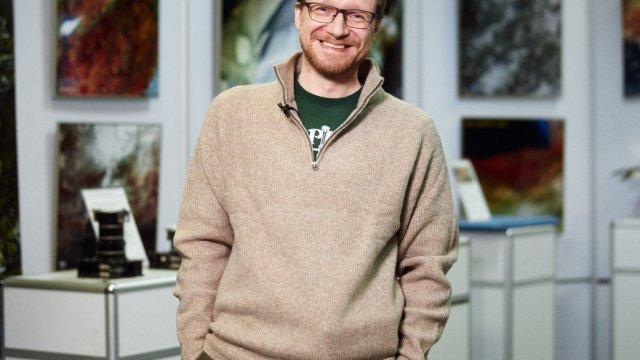
How can technology of remote sensing of the Earth keep track of wildfires, oceanic processes, volcanic activity, and urban development?
